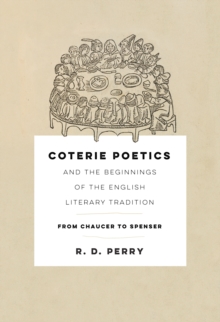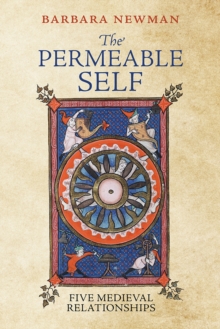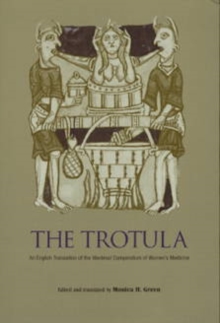
The King's Other Body : Maria of Castile and the Crown of Aragon PDF
by Theresa Earenfight
Part of the The Middle Ages Series series
Description
Queen MarÃa of Castile, wife of Alfonso V, "the Magnanimous," king of the Crown of Aragon, governed Catalunya in the mid-fifteenth century while her husband conquered and governed the kingdom of Naples.
For twenty-six years, she maintained a royal court and council separate from and roughly equivalent to those of Alfonso in Naples.
Such legitimately sanctioned political authority is remarkable given that she ruled not as queen in her own right but rather as Lieutenant-General of Catalunya with powers equivalent to the king's.
MarÃa does not fit conventional images of a queen as wife and mother; indeed, she had no children and so never served as queen-regent for any royal heirs in their minorities or exercised a queen-mother's privilege to act as diplomat when arranging the marriages of her children and grandchildren.
But she was clearly more than just a wife offering advice: she embodied the king's personal authority and was second only to the king himself.
She was his alter ego, the other royal body fully empowered to govern.
For a medieval queen, this official form of corulership, combining exalted royal status with official political appointment, was rare and striking. The King's Other Body is both a biography of MarÃa and an analysis of her political partnership with Alfonso.
MarÃa's long, busy tenure as lieutenant prompts a reconsideration of long-held notions of power, statecraft, personalities, and institutions.
It is also a study of the institution of monarchy and a theoretical reconsideration of the operations of gender within it.
If the practice of monarchy is conventionally understood as strictly a man's job, MarÃa's reign presents a compelling argument for a more complex model, one attentive to the dynamic relationship of queenship and kingship and the circumstances and theories that shaped the institution she inhabited.
Information
-
Download - Immediately Available
- Format:PDF
- Pages:256 pages, 2 maps
- Publisher:University of Pennsylvania Press
- Publication Date:24/02/2012
- Category:
- ISBN:9780812201833
Other Formats
- Hardback from £52.55
Information
-
Download - Immediately Available
- Format:PDF
- Pages:256 pages, 2 maps
- Publisher:University of Pennsylvania Press
- Publication Date:24/02/2012
- Category:
- ISBN:9780812201833










